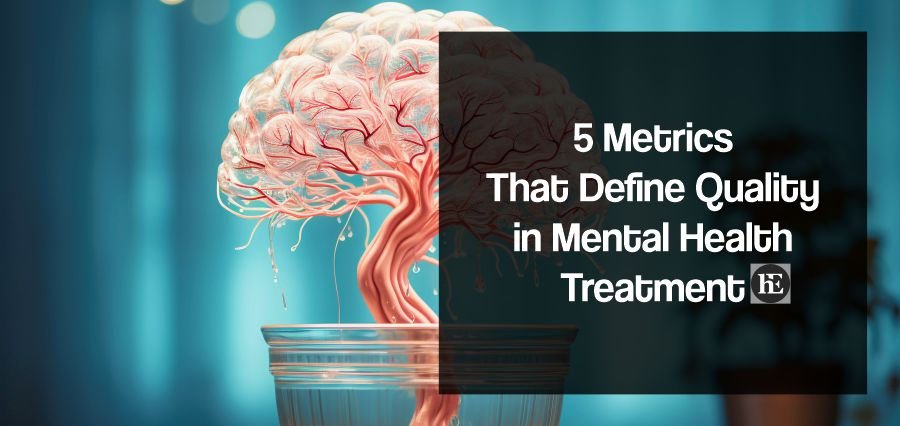Leveraging Artificial Intelligence to Drive Innovation in Healthcare
With its revolutionary solutions that promise to enhance patient outcomes, expedite medical procedures, and lower costs, artificial intelligence (AI) is transforming the healthcare sector. Healthcare systems around the world are starting to use AI to address long-standing issues and introduce novel approaches to patient care, diagnosis, and treatment as a result of the quick developments in AI technologies like robotics, machine learning (ML), and natural language processing (NLP).
AI in Diagnostics: Enhancing Accuracy and Speed
AI’s use in diagnostics is among the most important ways it is fostering innovation in the medical field. Medical condition diagnosis has historically involved a combination of clinical knowledge and laborious processes, which occasionally results in delayed or inaccurate diagnoses. However, compared to a human doctor, AI algorithms can process large amounts of medical data in a fraction of the time.
Diagnostic technologies driven by AI can accurately evaluate medical images such as CT, MRI, and X-rays. It has been demonstrated that certain AI systems may actually diagnose diseases like cancer or
heart issues earlier than radiologists, which could result in improved patient outcomes and more prompt therapies. For example, a 2020 study found that an AI model created by Google Health could identify breast cancer with fewer false positives and false negatives than human radiologists.
Personalized Medicine: AI Tailoring Treatments to Individuals
The shift to precision or individualized medicine is greatly aided by AI. Because traditional medical therapies are frequently created for the “average” patient, people with certain genetic, environmental, or lifestyle characteristics may not necessarily benefit from them. However, by examining a person’s genetic composition, lifestyle information, and environmental circumstances, AI is making it possible to create personalized treatment regimens.
For example, clinicians can choose the best course of treatment with the fewest side effects by using AI algorithms to evaluate genomic data and forecast how a patient could react to a specific medication. AI is being used in oncology to assist develop customized cancer treatments based on each patient’s particular cancer cell mutations. A major advancement in medical care, the capacity to tailor medicines to a patient’s unique genetic profile enhances both treatment effectiveness and patient satisfaction. AI is being utilized to present a comprehensive picture of a patient’s health by analyzing data from wearable medical devices and other sources in addition to genetics. This constant flow of real-time data makes it possible to monitor and modify treatment programs more precisely, guaranteeing the most individualized care.
AI in Drug Development: Speeding Up the Discovery Process
New medication development is typically a drawn-out, expensive, and uncertain process. By forecasting which medicinal molecules are most likely to be effective, artificial intelligence is assisting in streamlining this procedure. Large chemical data sets can be analyzed by machine learning algorithms to find potential molecules that could have otherwise gone unnoticed.
AI in Healthcare Operations: Improving Efficiency
In addition to its clinical uses, AI is transforming healthcare operations and increasing the effectiveness of healthcare systems. AI-driven automation is being used more and more by hospitals and healthcare providers to expedite administrative processes like insurance verification, billing, and scheduling. Healthcare professionals can devote more time to providing direct patient care by
automating these time-consuming and repetitive processes.
Robotics and AI in Surgery: Enhancing Precision
Artificial intelligence (AI)-powered surgical robots are contributing to increased surgical precision. Surgeons can execute intricate procedures with more precision and smaller incisions thanks to robotic surgery, which speeds up patient recovery and reduces complications. Real-time anatomical analysis by AI-powered robotic equipment helps surgeons make accurate movements that minimize human error.
Overcoming Challenges and Ethical Considerations
Although AI has the potential to completely transform healthcare, there are still obstacles to overcome before it can be used in clinical settings. Significant obstacles that must be overcome include worries about data privacy, the possibility of biased algorithms, and the requirement for strong regulatory frameworks. In order to ensure that algorithms are fair and do not reinforce inequalities in healthcare outcomes, AI must be trained on a variety of datasets that represent different populations.
Conclusion: The Future of AI in Healthcare
Healthcare is already changing due to artificial intelligence, and there is a lot of room for more advancements. AI is breaking new ground in healthcare by boosting diagnoses, tailoring treatments, speeding up drug discovery, and streamlining operations. However, in order to guarantee that AI is applied sensibly and fairly as this technology develops further, collaboration between regulators, technology developers, and healthcare experts is crucial.
Latest Article
-
 Fenugreek Benefits and Uses: Blood Sugar, Hair, Hormones GuideArticle
Fenugreek Benefits and Uses: Blood Sugar, Hair, Hormones GuideArticle -
 11 Questions Life Coaches Ask That Change How You ThinkArticle
11 Questions Life Coaches Ask That Change How You ThinkArticle -
 8 Real Benefits of Life Coaching That Go Beyond MotivationArticle
8 Real Benefits of Life Coaching That Go Beyond MotivationArticle -
 Blaze Schwaller: For Every Person Who Has Ever Felt Too Much, Too FastArticle
Blaze Schwaller: For Every Person Who Has Ever Felt Too Much, Too FastArticle -
 5 Metrics That Define Quality in Mental Health TreatmentArticle
5 Metrics That Define Quality in Mental Health TreatmentArticle
